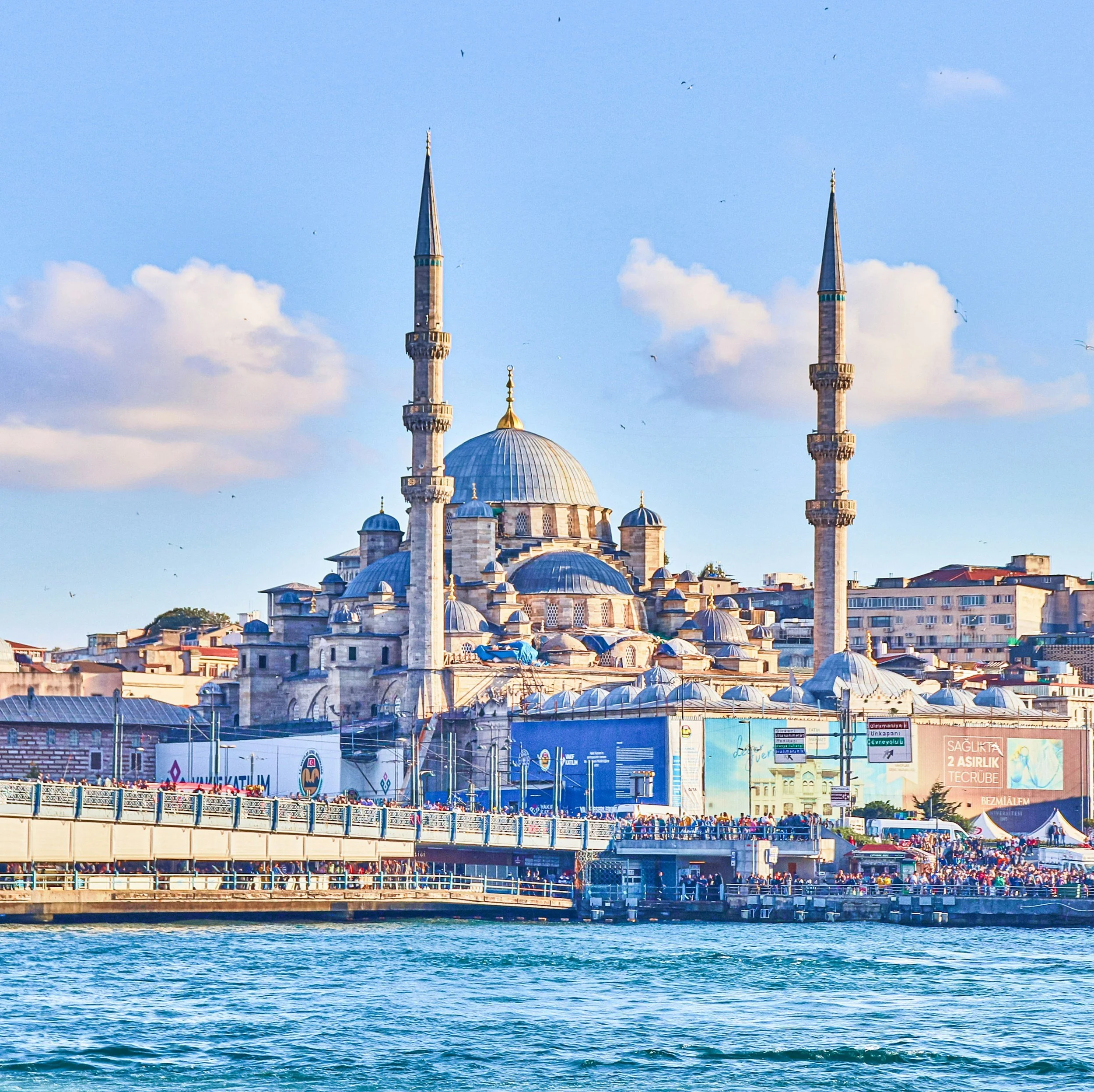We’re making history. I guess this really is a good Friday.
That was how The Irish Times greeted the first Good Friday where pubs were open in Ireland.
In an article by Sorcha Pollak, one drinker was quoted as saying ‘They needed to get with the times. We’re not back a hundred years ago now’.
The move to open up pubs on Good Friday was hailed as yet another nail in the coffin of John Charles McQuaid, Catholic Ireland and the apparent stranglehold it still held on Irish society (stronger than the IMF, JP Morgan and Apple, according to some).
Fast forward six years later and it is the Irish pub, not Catholicism, that is facing its death.
After years of Covid restrictions (which many publicans supported in receipt for government financial incentives), smoking bans and emigration for young people, the pub industry has been left reeling, facing massive closures. This is coupled with the looming arrival of Wetherspoon’s, the derivative English lowcost pub chain as well as the spiralling cost of a pint.
Statistics collected in 2021 showed that the Irish pub was in freefall, something accelerated by Covid.
A survey by the Drinks Industry Group found:
21.2% (1,829) of pubs closed between 2005 and 2021
Decrease in pubs in every county in Ireland, while 4.9% (349) of pubs closed throughout pandemic period 2019 – 2021
Laois most affected reporting a 30.6% decline, while Meath suffered the least with a mere 1.4% decline
23 counties had decreases in the number of pubs of greater than 10%
With spiralling costs, partial closures and difficulty finding staff, perhaps they were not so much making history by opening on Good Friday as becoming history.
The closures became even more acute after the Good Friday opening in 2018, with around 600 closing since then.
It might seem like gloating or like a non issue, but in 2018 the gloating towards Catholics was very much brash and triumphant.
It is sad that the Irish pub, much like many other aspects of Irish society, will likely not survive into the next two decades, at least not as we’ve known them.




